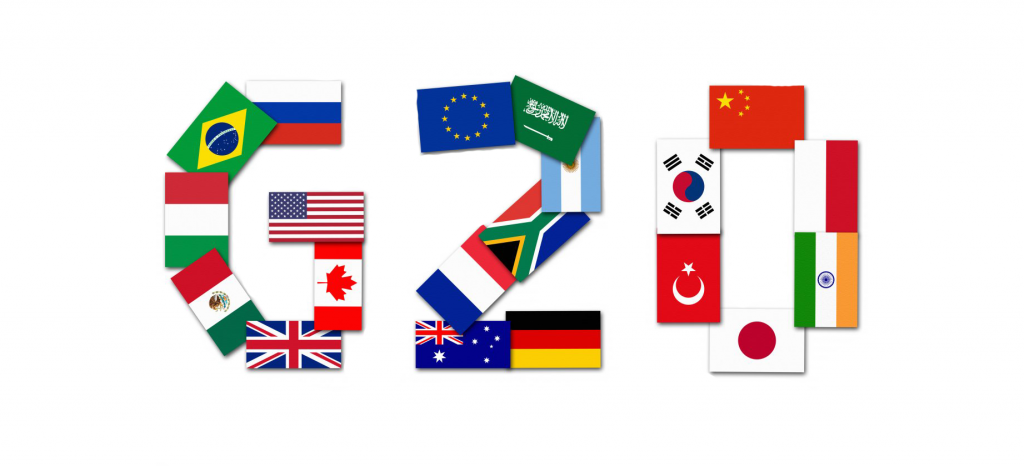The Chinese city of Shanghai will welcome finance ministers and central bank governors for the first major meeting of G20 this year on Friday and Saturday. It should avoid being just a talk show.
Uneven growth across major economies have spurred wild disparities in monetary policy: following a December interest rate hike by the U.S. Federal Reserve, the Bank of Japan launched negative interest rates in January, and the European Central Bank is on course for more aggressive monetary easing.
The divergent policy choices by high-income countries have posed a major challenge to emerging economies. As hot money flows back to the United States, asset bubbles could collapse, growth would become tepid, and structural reforms might have to come to halt.
Moreover, low interest rates in Japan and Europe could spark competitive devaluation, a beggar-thy-neighbor policy that essentially puts global financial stability at risk.
Despite weakening growth outlook, global currency tensions in recent months is far from a full-blown economic crisis. But that is no excuse for inaction. The G20 should not degenerate into a mechanism for crisis management. With or without problems in front of them, collective action by the world’s leading economies is needed to bolster an effective buffer against economic and financial headwinds.
Chairing the G20 this year, China is making an utmost effort to inject new vigor into the global coordination system. It will play an active role in enriching the G20 and ensure a substantive summit later this year, but a truly meaningful global coordination mechanism depends on the political will of each participating member.
Rather than focusing just on domestic economic conditions, big central banks, especially the U.S. Federal Reserve, should take into consideration broader implications for their monetary policy. Through its quantitative easing programs, the Fed has pumped money into the rest of world, driving up asset prices as it fought recession at home. Now a possible tightening up could deal another blow to emerging economies.
The recent volatility in currency and stock markets serves as a fresh reminder of the fragility of the global financial system. Eight years after the 2008 global financial crisis, there is still little room for complacency for the world going into Shanghai.
China, for its part, will play a constructive role in strengthen the safety net for the global financial system. The People’s Bank of China has arranged a press conference just before the start of the G20 meeting on Friday, signalling a proactive role in communicating with the market on its exchange rate management approach.
Besides chairing a hopefully fruitful Shanghai meeting, China will communicate to the world its economic reality at home and outline the steps it plans to take to reform its economy in a bid to dissipate misguided doubts over the country’s economic prospects.
From currency management to overcapacity problems, China has its work cut out for it in order to convince pessimists about the country’s economic health. That alone will be a big contribution to global growth and financial stability.
